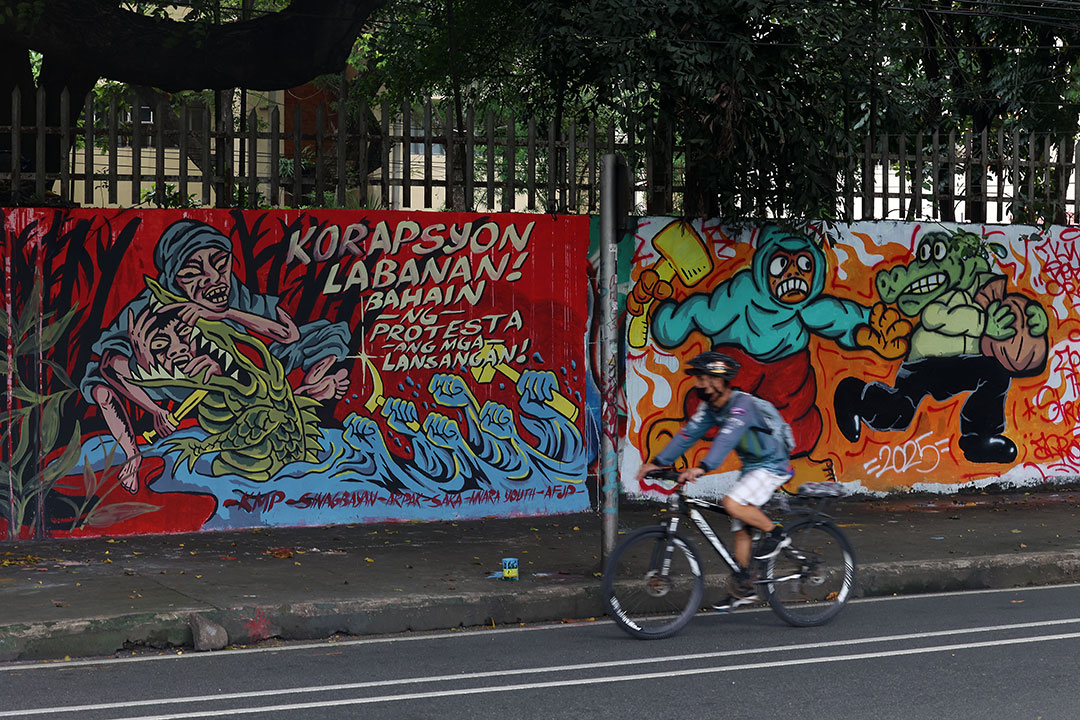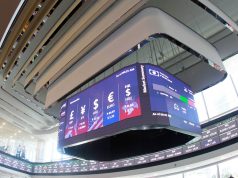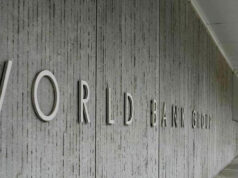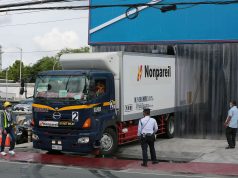PHL investment slump seen to persist amid corruption probe

By Aubrey Rose A. Inosante and Justine Irish D. Tabile, Reporters
THE INVESTMENT OUTLOOK is expected to remain weak through next year unless reforms are implemented and those linked to the flood control scandal are jailed, economists said.
“If reforms and transparency improve, we could see a turnaround by mid-2026,” Jonathan L. Ravelas, a senior adviser at Reyes Tacandong & Co. said in a Viber message to BusinessWorld on Nov. 13.
Geopolitical tensions, unpredictable policy shifts, and weak global demand may also risk further weighing on investor sentiment, he added.
Data from the Philippine Statistics Authority showed foreign investment pledges approved by investment promotion agencies slumped by 48.7% to P73.68 billion in the third quarter.
Mr. Ravelas attributed this sharp drop in foreign investment approvals to the “shaken investor confidence” triggered by corruption concerns, policy delays, and global uncertainty.
“The message is clear: we need to restore trust and fast-track reforms to stay competitive,” he added.
The government’s sweeping corruption crackdown since August has hurt economic growth as well as consumer and investor confidence.
In the third quarter, gross domestic product (GDP) grew 4%, its weakest since 2021, as the corruption scandal slowed public spending. This brought the nine-month average to 5%, lower than the government’s 5.5-6.5% full-year target for 2025.
GlobalSource Partners Country Analyst Diwa C. Guinigundo said it would be difficult to invite a “reflow of foreign capital” without charging those involved in the flood control scandal with plunder and malversation of public funds.
“We need to restore public trust and confidence in the business outlook in the Philippines,” he told BusinessWorld in a Viber message.
Earlier this month, President Ferdinand R. Marcos, Jr. declared that business confidence in the Philippines has been “restored,” crediting his administration’s crackdown on government irregularities for bolstering trust in economic management.
Last week, Mr. Marcos said people linked to anomalous flood control projects will be jailed before Christmas.
However, Foreign Buyers Association of the Philippines (FOBAP) President Robert M. Young said the country is still “in the process” of regaining lost confidence.
Mr. Guinigundo blamed high business costs, corruption in infrastructure projects, and weak respect for contracts and the rule of law in the country for the slump in foreign pledges in the third quarter.
“Foreign investors remain skeptical about the country’s macroeconomic prospects after the weak third‑quarter showing,” Mr. Guinigundo said in a Viber message.
Amid global headwinds from higher tariffs and a fragmented trade system, Mr. Guinigundo said the Philippine government must slash red tape and bring down business costs.
Foundation for Economic Freedom President Calixto V. Chikiamco said weak investments will likely continue unless the administration undertakes major reforms.
“Possible headwinds: political instability due to failure to bring perpetuators of the public works fraud to justice and sharpening rift between the Marcos and Duterte factions,” he said in a Viber message.
Mr. Chikiamco said the “overvalued” peso and the “lousy” tariff deal with the US have also affected the investment outlook.
Meanwhile, Federation of Philippine Industries Chair Elizabeth H. Lee said that the peso’s slide to a new all-time low of P59.17 against the dollar reflects global and local challenges.
“Locally, unresolved corruption cases and stalled infrastructure projects have tested confidence and slowed growth,” she said in a statement over the weekend.
“The path forward is clear: we must resolve corruption cases with transparency and accountability,” she said, adding this will help “restore trust, attract investment, and unlock infrastructure spending.”
She said this will create the stability that manufacturers need “to expand production, safeguard employment, and drive growth.”
“By protecting jobs in manufacturing and showing that clean governance drives stability, we can shorten the peso’s weakness, rebuild confidence, and put the economy back on a stronger, more sustainable growth path,” she added.
Philippine Chamber of Commerce and Industry Chairman George T. Barcelon attributed the peso’s recent performance to rate cuts by the Bangko Sentral ng Pilipinas, “coupled with the higher demand of dollars due to foreign investors off-loading stock investments and buying dollars to remit their money.”
“Like many business and civic organizations, academy and church institutions, we are in solidarity with public sectors hoping for an unbiased resolution,” he said in a Viber message.
FOBAP’s Mr. Young said that the weaker peso does not benefit Filipino exporters much.
“Actually, there is no significant gain because we are importing most of the materials. When you import materials, of course you use dollars to pay,” he said in a phone interview. “So, if ever, there will be some gain, it will be a very, very small margin only.”
However, he said that the benefits of the peso depreciation are only enjoyed by those who do not import their raw materials.



